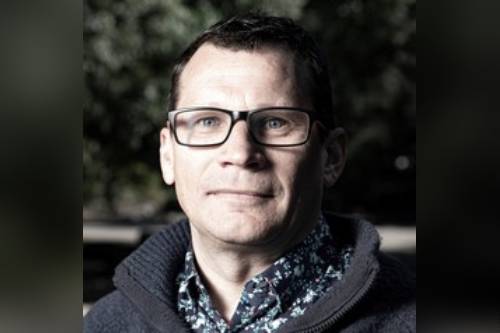
For Australia’s school leaders, remote learning has only added an additional layer of complexity to an already complex job layered with responsibilities spanning duty of care, compliancy, financial and people management, risk mitigation and more.
Indeed, there are few jobs as complex and demanding as that of a school principal, and during lockdown there have been encouraging signs that respect and trust for the education profession has increased.
Yet, accountability in Australian education has long been a stubborn one-way direction flow, with education bureaucrats analysing, evaluating and critiquing school heads while those at the top are subjected to no such scrutiny.
According to Dr Paul Kidson is a senior lecturer of educational leadership at the Australian Catholic University (ACU), this should certainly not be the case if the slogan “we’re all in this together” has any meaning.
Public education in Australia has seen a marked increase in bureaucracy over the last 20 years, with a 2020 research paper by public education advocate group Save Our Schools (SOS) revealing that the increase in administrative staff at the system and school levels was far greater than the increase in teachers and students.
In addition to having spent 12 years as a school principal, Kidson is a researcher of teacher and principal workloads, including having worked on the Australian Principal Occupational Health, Safety and Wellbeing Surveys – surveys which have consistently recorded high levels of stress and anxiety among the nation’s overworked school leaders.
Dr Kidson said he wonders how education departments around Australia would be informed about their own performance if they asked teachers and principals to complete a Tell Them From Me survey about how the Australian education system performs.
“A compelling reason for the system to open itself to analysis, evaluation and critique is that it does that to its key stakeholders, such as teachers and principals. So, there is surely a question of fairness if we’re truly in this together,” Dr Kidson told The Educator.
“If we’re genuinely committed to this as common good for nation, surely what’s good for the goose is good for the gander.”
Dr Kidson said even “baby steps” would go a long way to helping address the issue.
“There are some encouraging developments underway, but only at middle-leadership level,” he said.
“Right now, big decisions in education are being made at a level of senior leadership who have no or very limited direct experience of schooling, and yet they’re making policies without consulting leaders.”
Dr Kidson said finding out about policy through media releases rather than being briefed in advance by Ministers has only served to erode trust between the teaching profession and the bureaucracy
“There needs to be a continual narrative that teachers are valued. You just can’t keep putting more pressure that is coming down from the system on to schools,” he said.
“We need to prioritise the human and social elements of education.”
Dr Kidson said ATAR and NAPLAN have shown themselves to be less important during the COVID-19 pandemic and the system should be asking how it can reduce some of the pressures it is enforcing on schools.
“Technology has only compounded this problem. There is no significant evidence that the explosion of technology during remote learning has made teachers’ jobs any easier,” he said.
Reports have shown that in addition to causing health and behavioural issues for young people, the excessive use of screens during the pandemic has led to digital exhaustion for many teachers and leaders.
Narrative must focus on ‘national education’
Dr Kidson, who was a long-time member of the Association of Heads of Independent Schools of Australia (AHISA), said education throughout Australia remains “deeply entrenched in parochial issues” – another issue that must be addressed if we are to see any meaningful change.
“For example, there is no consistent school starting age, and the different sectors are quite segmented in the way they each see education. In the end it comes down the courage of people to say education is a fight worth fighting,” he said.
“However, we are seeing a hypercompetitive tenor around education. That’s the wrong game. The real game is about humanity in community, about compassion, hope and courage.”
Dr Kidson said a new narrative around “national education” could be a viable path forward.
“In the Gillard era we saw a heightened interest to bring schools together on common ground,” he said.
“The things we used to think were important are perhaps less important in reality. Connectedness, relationships and wellbeing are foundational to effective academic learning.”
Dr Kidson said that while the Positive Schools Movement has been on the periphery for some time now, wellbeing is now the main focus of the movement’s work. There are also positive developments at a state level in terms of supporting leaders, he added.
“The Victorian Government recently launched a $148m strategy that aims to improve education through the establishment of its new Academy of Teaching and Leadership,” he said.
“This will help to support the state’s school leaders, and we know they need it.”
Dr Kidson said that while it is no doubt a tough time for schools, there is a growing sense of hope that meaningful change is possible.
“There is more hope than what is often acknowledged, but it really comes down to the courage of people to say: ‘this is a fight worth fighting’,” he said.
“It’s sad that it’s even characterised as a fight, but it has to for the welfare of our nation.”


